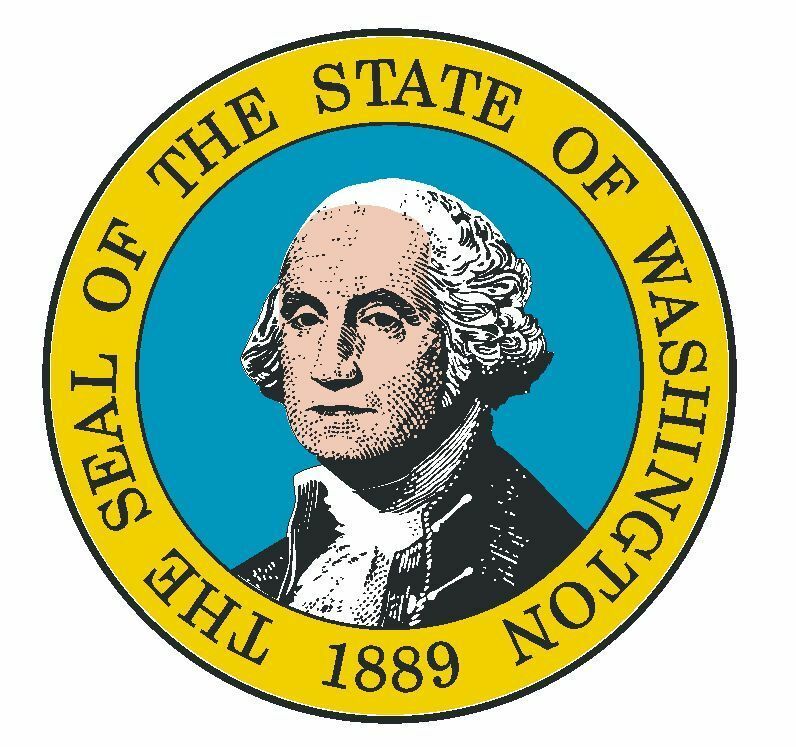The U.S. Supreme Court has announced that it will consider the federal government’s challenge to a Washington state worker’s compensation law in a case that could have costly consequence for U.S. government contracts involving hazardous work on federal property.
The justices agreed last Monday to review a U.S. Court of Appeals for the Ninth Circuit decision which upholds a Washington state law that presumes that certain worker health conditions linked to cleanup work at the Hanford Nuclear Reservation are occupational diseases that can trigger workers’ compensation. The Reservation is a decommissioned federal nuclear production complex.
Since 1989, the Department of Energy (DoE) has overseen the cleanup at the Hanford site. Weapons-grade plutonium for use in the U.S. nuclear program was produced at Hanford during World War II and the Cold War. The cleanup project at Hanford is expected to continue over the next sixty years and will involve about four hundred department employees and ten thousand contractors and subcontractors.
In 2018, Washington state legislators passed HB 1723 that amended the state’s workers’ compensation law exclusive to the Reservation. The amended law covers at least one hundred thousand current and former federal contract workers who performed services at the Reservation over the past eighty years. The law states that presumed occupational diseases stemming from work at the Reservation should trigger benefits eligibility, including cancers and other respiratory diseases.
The federal government argued in court that the law exposes government contractors, and by extension, the U.S. government to “massive new costs” that similarly situated state and private employers do not incur.
The U.S. Justice Department requested that the Supreme Court take up the case. They argued that the 2018 law discriminated against the U.S. federal government and that the state law should not apply to federal contract workers at the Reservation. The U.S. government warned that the logic applied by a panel of Ninth Circuit judges opened the door to other states passing legislation targeting work at federal facilities.
The Justice Department argued that “Congress did not permit States to adopt laws that impose unique burdens on the United States and the firms that it engages to carry out federal functions. The practical consequences of the panel’s mistake are far-reaching. Even if the Hanford site is considered in isolation, the decision is likely to cost the United States tens of millions of dollars annually for the remainder of the 21st century.”
Attorneys for Washington state responded that the courts have allowed states to regulate workers’ compensation for injuries or illnesses suffered during work on federal land. They argued that “Washington state has “long tailored its workers’ compensation laws to the dangers faced by particular employees.” They noted statutes that protect firefighters and other workers facing special hazards.
Washington state attorneys argued that “Hanford is a uniquely dangerous workplace, filled with radioactive and toxic chemicals, and private contractors operating there have routinely failed to provide employees with protective equipment and to monitor their exposures to toxic substances.”
Justice Department attorneys also argued that the Ninth Circuit ruling clashed with a Supreme Court precedent in a 1988 decision, Goodyear Atomic Corp. v. Miller. This case described a similar situation of a state worker’s compensation award for an employee injured at a federally owned facility.
The full Ninth Circuit previously declined to take up the Washington state case. They said that the Washington law fell properly within a part of federal law that authorizes states to apply their workers’ compensation laws to federal projects.
